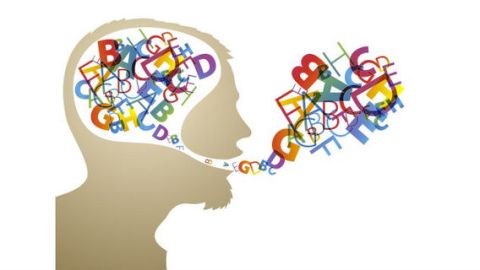Words Matter: The Financial, Spiritual and Cognitive Cost of Language Obfuscation

“Good prose is like a windowpane,” wrote George Orwell when he was evaluating his own body of work in 1946. When he had lacked a strong motive, Orwell observed, he produced “lifeless books and was betrayed into purple passages, sentences without meaning, decorative adjectives and humbug generally.”
Three years later Orwell published the dystopian novel Nineteen Eighty-Four, in which he explored the much more sinister problem in language we refer to as doublespeak. Totalitarian regimes don’t use transparent language. The fictional Oceanian province, which is in a state of perpetual war, uses language as a weapon, distorting meaning in order to make the historical record conform to the Ingsoc party line.
Nineteen Eighty-Four was published 64 years ago today. But what would Orwell think of the types of government and corporate communications we see today?
The investor-relations specialist, Laura Rittenhouse, is a 21st century Orwell, who scours shareholder letters for “cliches, weasel words, jargon, hyperbole, nonsensical statements, and overused words.” These garner point deductions in her Rittenhouse Rankings, a survey that grades 100 big companies based on seemingly unquantifiable metrics relating to corporate culture and candor.
FOG is the acronym for Rittenhouse’s methodology. It stands for “fact-deficient, obfuscating generalities.” Rittenhouse’s analysis reveals that companies that use transparency in corporate communications (like Berkshire Hathaway) greatly outperform companies that use tortured language constructions and obfuscation (like Enron).
So words matter. A letter from a CEO can be a canary in the coal mine, as was the case with Enron. Alternatively, the legendary CEO Jack Welch’s letters were not only clear, but fun to read and informative. Moreover, Rittenhouse tells Big Think, language obfuscation is deeply impacting our culture. Neuroscience is starting to scratch at the surface of how words shape how we think. And so there is not only a cultural and financial cost, but indeed a deep spiritual and cognitive cost, to language obfuscation.
Watch the video here:
Image courtesy of Shutterstock





